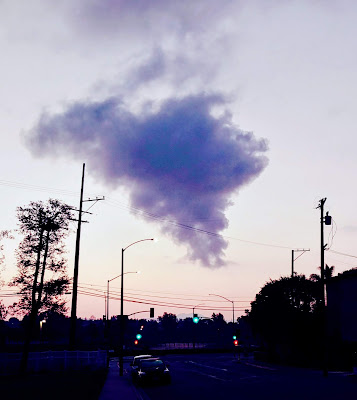From Mikhail Shishkin's "Calligraphy"
Probably posted something to this effect on the first reading: Perhaps the best story in the collection is the true story of Fritz & Lydia, though I also enjoy the Nabokov story and the story about his father very much. On to another reread: Frisch's Man in the Holocene . * The chance to be rid of one’s ego, to give it up, to meld into a great communal endeavor, gave meaning to her existence. She thought she had found what she was striving for all these years. “My family is my comrades. No matter where I am, I’m part of one great family—the Party. Most likely in this sense of belonging, of kinship, I’ve finally discovered what I was looking for all my life.” As had Fritz, she compared this experience to a religious ecstasy. “Yes, indeed we truly resemble first century Christians—the same firm faith in the approaching, joyous salvation of the world, the same readiness to sacrifice, the same denial of the ego, of the philistine, of material things, of children, of everythi




